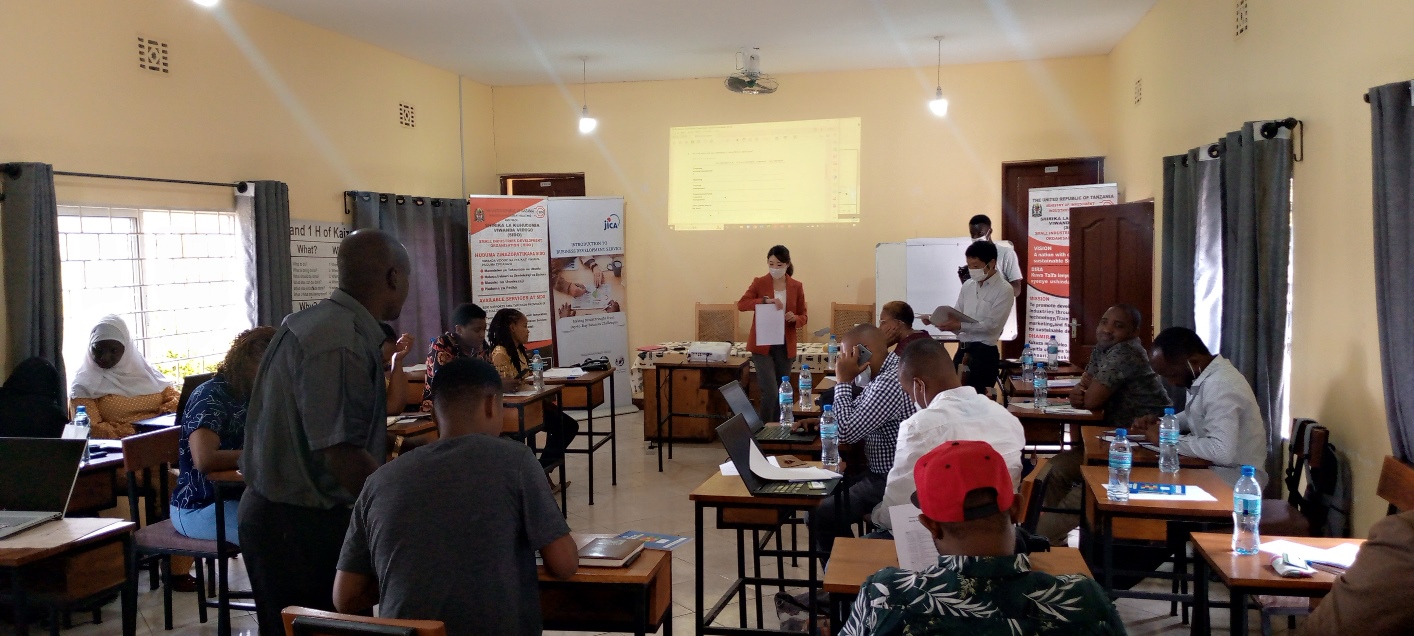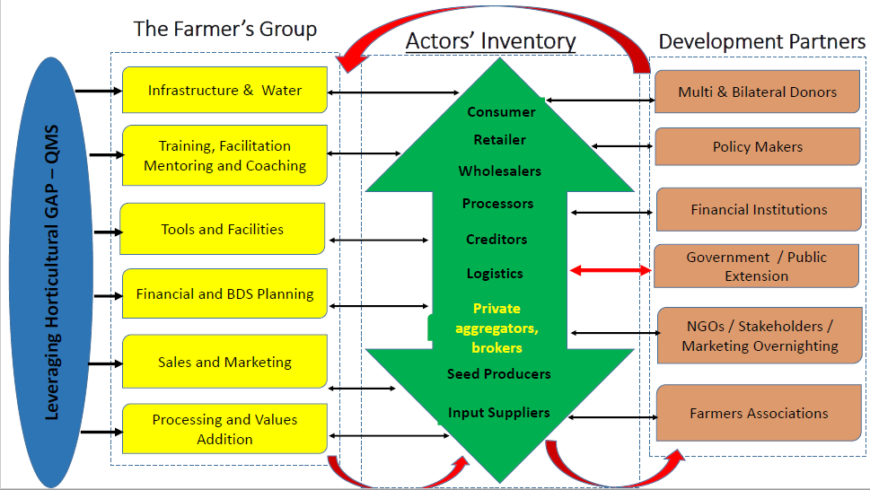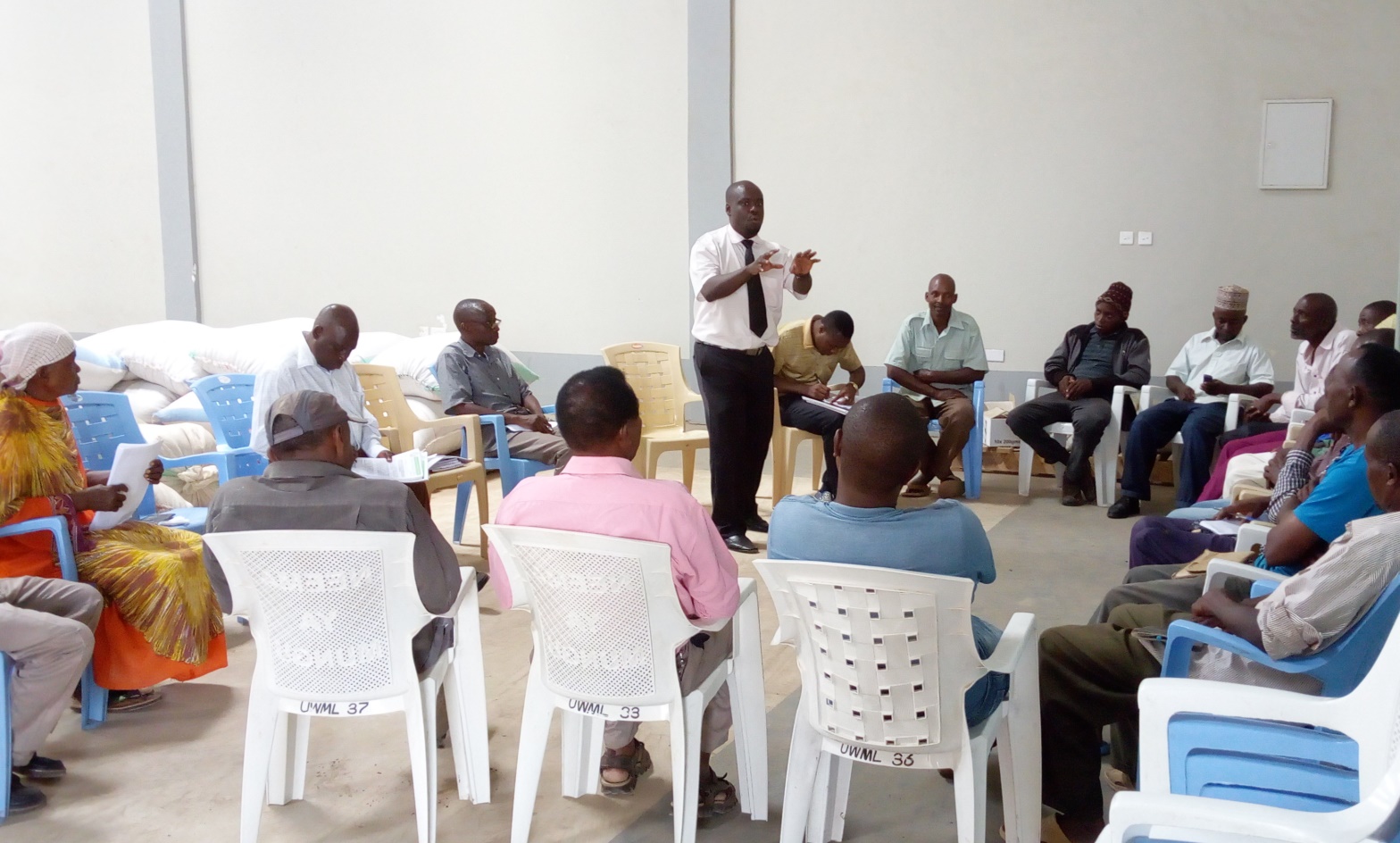BUSINESS DEVELOPMENT SERVICES

PROVISION OF BUSINESS DEVELOPMENT SERVICES
In partnership with like-minded stakeholders of the same wavelength and radius, STAWI employs 3 “Tried and Tested” methodologies in an effort to offer the best value services to the communities it serves looking forward to transforming their economic status. In efforts to bring changes to Tanzania communities, STAWI offers the following expatriate services to benefiting groups; capacity-building services, career guidance, and advisory services through training, mentoring, coaching, and consultation sessions. We always focus on transforming people’s lives through different oriented business practices that would impart necessary skills for development.
This is what we refer to as Business Development services. STAWI imparts benefits to people/communities with sound business knowledge, skills, and expertise towards the business establishment, growth, expansion and management, record keeping, marketing skills, profitability, financial calculations, and other related issues. Moreover, STAWI works to create awareness of tax-related rights, duties, and responsibilities. As this program is being offered to different cadres of people with different levels of literate skill, this key program is regarded as a basic component for sustainable development and improved livelihoods.
STAWI’S SMES INVESTMENT MODEL ON BDS FOR INCLUSIVE APPROACHES TO SUSTAINABLE DEVELOPMENT IN TANZANIA

STAWI’S SCOPE OF WORK ON BUSINESS DEVELOPMENT SERVICES
- Internal Management Strengthening: These include and though not limited to the following areas of support;
i. Support the management committees of SMEs, Associations, Firms, and other committees to develop and or revise their business model and business plan, set clear objectives, key performance indicators, and its means for evaluation.
ii. Work with the SMEs, firms, and associations to develop and or revise their constitution to include clear roles and responsibilities, communication channels, and management structure, and also validate the constitution to the operating era.
iii. Support SMEs and associations to develop management guidelines with defined finance, operation, and marketing strategies,
iv. Support the development of a personnel manual and coach the SMEs association on its implementation.
v. Support the SMEs and association to set up operations; plans and standards which contribute to attaining the association’s objectives
vi. Support associations to organize and conduct AGM according to the guideline stipulated in the constitution
vii. Support SMEs/associations to form a working Board of directors and its corresponding Committee that will be reporting to the Board and have a good relationship with the producer group.
viii. Support associations on the development of strategic plans and other developmental policies
x. ETC
2. Supply and Marketing Efficiencies: These include and though not limitedi to the following areas;
i. Support and coach the management committees on issues related to managing supplies of produce from members’ relations with members who are their suppliers, sourcing, and management of quality of supply.
ii. Support the association to plan and supply to the local market, and facilitate the formal agreement with local and international market
iii. Support the SMEs/association with the capacity to explore and supply to local and modern markets across the regions
iv. Develop/update the farmer master list to include the size of the farm, name, and contact of the farmer,
v. Empower SMEs / associations to develop crop calendars in order to support the association to develop a harvesting chart as well as forecasting the expected volumes.
vi. Support SMEs / associations on the development and implementation of marketing strategy that has a collective marketing plan and market information systems with clear quality management.
vii. Support associations in marketing executions and facilitate the contractual agreement between Association and the buyer.
viii. Support the association and its member on product-quality management, and business penetration.
ix. ETC
3. Financial Management: these include and though not limited to the following areas;
i. Support and coach the management committees on financial management, developing and managing financial manuals, financial planning and budgeting, financial risk management, record keeping, and monitoring and evaluation.
ii. Support and coach the SMEs management team on the development of a clear channel of accessing finances,
iii. Support the association in forming and developing its financial boards and link them to the financial institutions.
iv. Empower management teams of SMEs/associations on the development of financial formats and coach them on proper utilization of all tools development as well as ways and means of using all tools to develop and reporting financial issues/matters to AGM and other parties,
v. Empower SMEs/associations with abilities to develop and manage (put in place) financial systems, including cash handling, cash inflow, book of accounts, and book reconciliation.
vi. Support the association to produce an assets register and update it accordingly. Support association to come up with a plan assess to finances for its members.
vi. Support associations and their producer group on record keeping, including Production, and sells
vii. ETC
4. Enablers: Support and coach the management committees to develop guidelines and strategies on its engagement/working relationship with the community, NGOs, Government institutions, Local Companies, International Companies, Global Business Agencies, etc.
